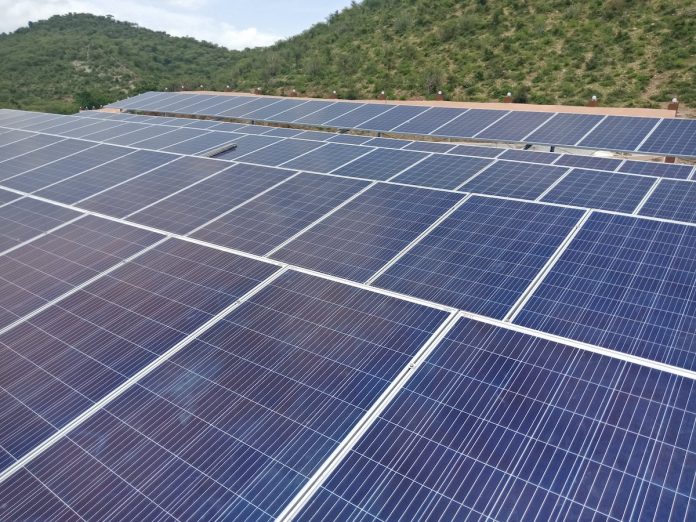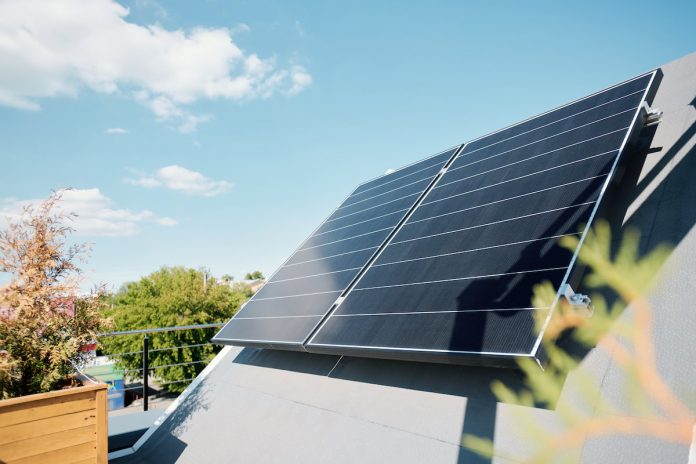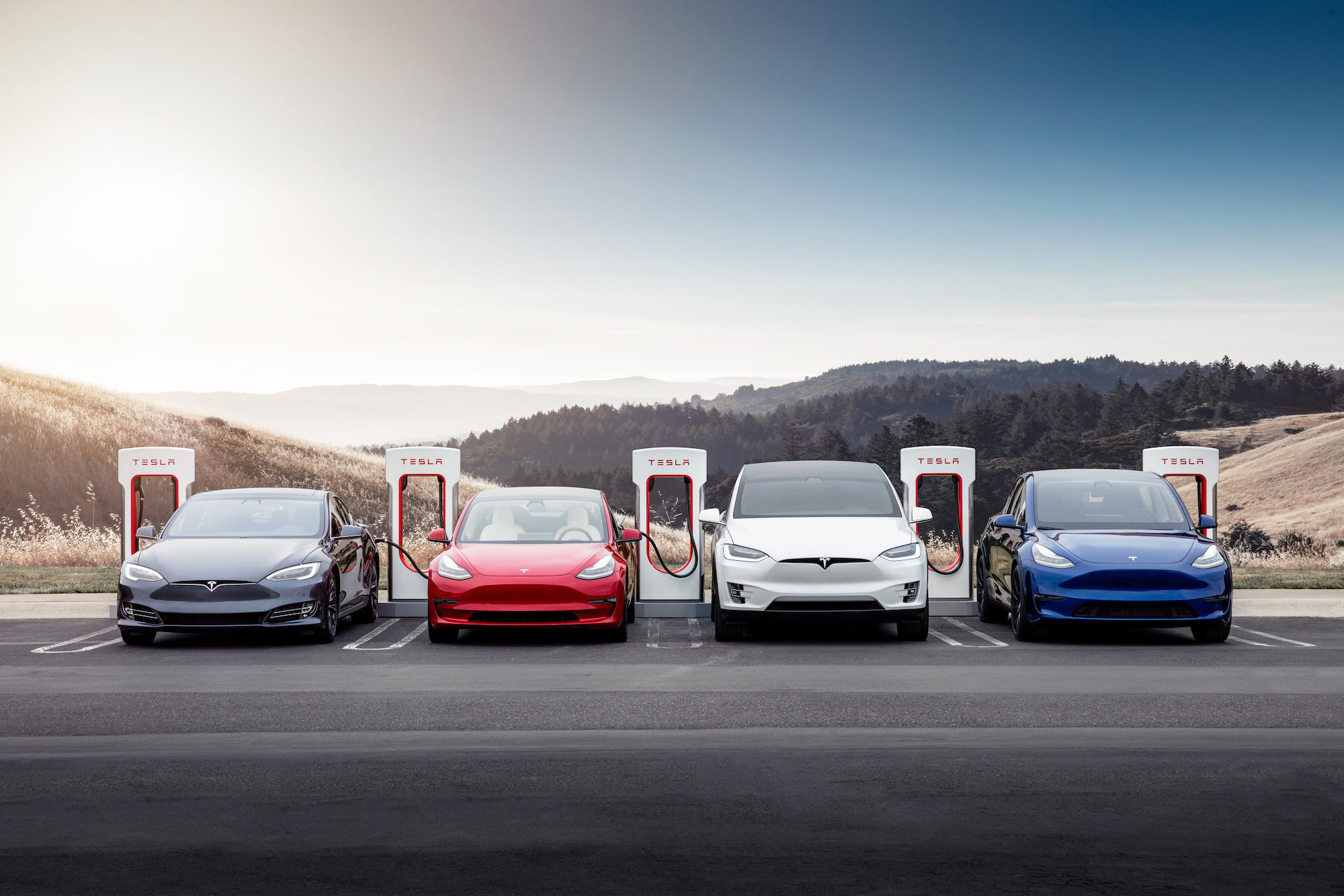How Does Solar Battery Storage Work?
Home and property owners opt for solar paneling to save on electric bills and enjoy clean energy, but weather conditions are always unpredictable. However, your home electronic gadgets and accessories can remain powered at night and on cloudy days with a solar storage system. Solar battery storage helps to accumulate extra PV electricity in electrochemical cells for later use.
How Do Solar Batteries work?
PV cells absorb energy from the sun, which is converted into direct current (DC)— flowing in one direction.
How do batteries work? They store Direct Current for use later. Excess power that flows through the batteries is saved in cells as chemical energy.
When power is needed, the chemical reactions in the battery result in the flow of electrons from the negative terminal to the positive terminal of the battery through an external circuit. The flow of electrons produces an electric current used in homes.
The electric energy synthesized (DC) can move from batteries and pass through a converter where it changes to Alternating Current (AC). This current runs all your household accessories such as refrigerators, iron boxes, light bulbs, and television sets.
To evade or minimize your utility expenses, you should direct excess DC synthesized by PV cells to these solar energy-saving cells.
When a residential lighting system exhausts solar power present in PV cells, it will always utilize the DC saved in the solar system battery backup. Read here about solar battery backup systems for your home in 2022.

What Are The Benefits of a Good Solar Battery System
There are many benefits of home solar battery storage, such as:
- Constant access to clean power for your household at no additional expense, even in the absence of sun rays.
- You enjoy a constant energy supply during power shortages caused by damaged electric cables, especially on stormy days.
- It saves you the money you could have spent on electric bills from power companies.
- Fosters environmental conservation because it releases no emissions such as carbon dioxide and sulfur dioxide emitted from the combustion of organic fuels.
- It frees you of worries about high power consumption since it affords you free, inexhaustible solar synthesized current.
Types of Solar Batteries for Home
The four main types of solar batteries used for solar energy storage are lead-acid, lithium-ion, nickel-cadmium, and flow batteries.
Lead-acid accumulators
Lead-acid cells are made of lead metal plates terminals, and sulfuric acid is the electrolyte. They generate current as the acid gets oxidized to water and sulfate ions. After some time, the acid gets depleted, and the cell loses charge but is recharged by adding fresh sulfuric (vi)acid.
Pros are
● Affordable and easy to maintain
● Easily renewable with a readily available aqueous sulfuric(vi)acid.
● Designed to store the aqueous acid safely without leakage, which maintains safety.
Cons
● They are heavy and occupy a lot of space
● They lose charge fast(not long-lasting)
● High temperatures make them inefficient
Lithium-ion batteries
Li-Ion dry cells are electrochemical cells with Li-ions as the ionic solution enclosed within two thin sheets serving as the +ve and -ve terminal. They are the most efficient with a long lifespan.
Pros
● They are small and light; hence portable
● Their discharge extent is great and can save a lot of energy.
● Li-ion dry cells are long-lasting and require minimal care.
Cons
● Their cost is high
● Have high thermal sensitivity and easily degenerate at high temperatures
● It can easily explode at high temperatures and become hazardous.
Nickel-cadmium batteries
Commonly known as NiCad, nickel-cadmium cells are made of nickel oxide and cadmium electrodes. They are ideal for saving PV energy in solar-powered cells and bikes.
Pros
● They have a high energy efficiency of up to 80%
● Their recharge rate is high.
● They are easily portable.
Cons
● They have a low tolerance to high temperature
● Cadmium causes environmental pollution
Vanadium Flow Cells
The Van flow cell is electrolytic with an acidic medium enriched with vanadium ions. It has graphite conductors connecting the +ve and -ve terminals.
Pros
● You can increase or lower their capacity according to the volume of the aqueous solution.
Cons
● They are bulky, hence difficult to transport.
What to Consider When Choosing a Solar Storage Battery for Your House?
We got many attributes to look at before choosing solar power-saving cells like
● The capacity and power rate of cells
● How effective it is in the transformation and power-saving.
● Safety of the electrolytic cell when setting up and maintaining it.
● Projected length of life for the cell
Are you looking to install residential solar systems? Consider Tesla powerwall installation by PPM solar for saving PV energy and constant DC supply for home and commercial premises.
Wrapping Up
Installing a solar system at home is a step to enjoying a constant supply of power while saving on bills, and reliable storage cells provide a sure way to keep your home powered all the time. PPM Solar is a reputable solar company that sells and installs solar panels in Florida at affordable costs.






